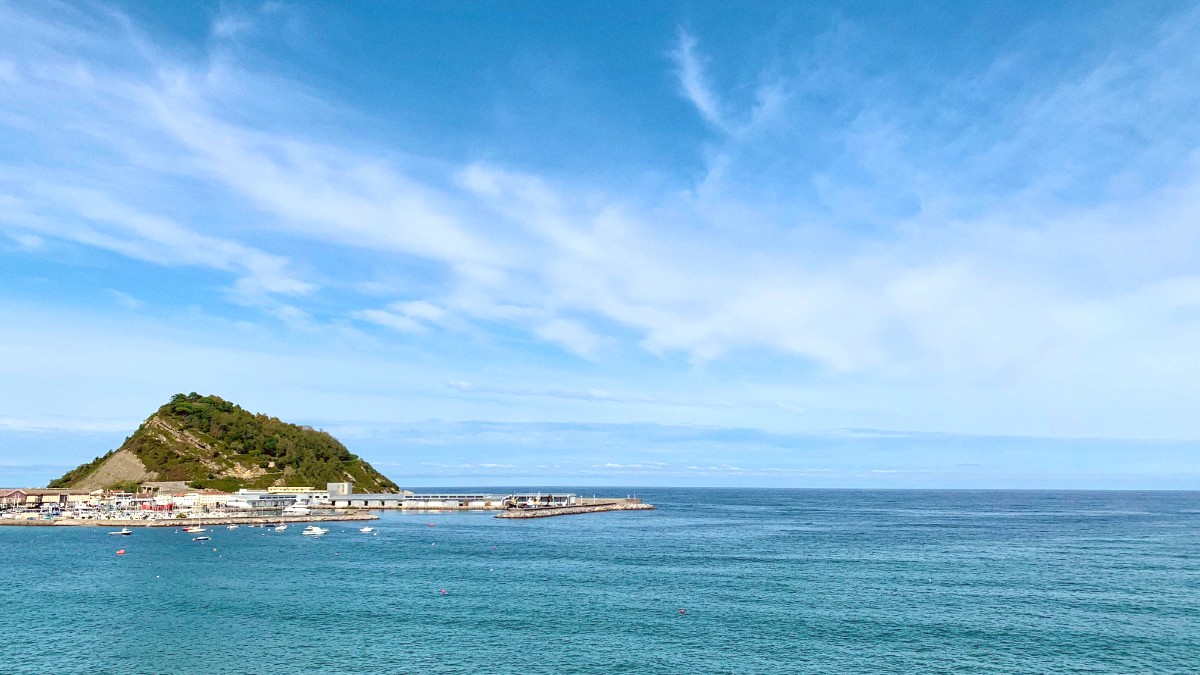
Greece
Hot and dry conditions. Temperatures can exceed 40°C (104°F).
The sea is at its warmest. All tourist facilities operate fully. This period suits beach activities and swimming.
Accommodation and flight prices are at their peak. Crowds are largest, especially in popular coastal areas. Very hot temperatures might limit extensive sightseeing or hiking.
Pleasant, moderate temperatures. Averages between 20°C and 30°C (68°F and 86°F).
Temperatures are comfortable for outdoor activities like hiking and cycling. Fewer crowds for a more relaxed experience. Prices for accommodation and flights are lower. The sea remains warm for swimming.
Some smaller tourist businesses, notably in more remote areas, might not be fully open in early May or late October.
Mild and wet winters. Average temperatures between 5°C and 15°C (41°F to 59°F).
Prices are at their lowest for accommodation and travel. Few tourists visit. This season suits cultural exploration and thermal spring visits. Spring months present lush, green landscapes.
Many tourist-oriented businesses, including beach bars and some hotels, close. Ferry schedules become limited. Cooler temperatures do not suit swimming, and rain is more likely.
Possible during summer. Stay hydrated and seek shade during the hottest parts of the day.
A risk during very dry, hot periods, especially in forested areas. Pay attention to local warnings.
Mid-June to mid-September.
Best experienced in April-May and September-October.
Enjoy these activities year-round. The low season is a more local experience.
Occasional strong winds might strike coastal areas in summer, especially for water sports.
Verify ferry schedules locally, as they sometimes change.
Greece is part of the Schengen Area, shaping visa and entry rules.
For citizens requiring a visa.
Plan your budget for a trip to Evia.
Plan your budget for a trip to Evia.
| Category | Budget Traveler (€40-€70/day) | Mid-Range Traveler (€70-€150/day) | Luxury Traveler (€150+/day) |
|---|---|---|---|
| Accommodation | €25-€40 (simple guesthouses, camping) | €40-€80 (3-star hotels, apartments) | €80-€250+ (boutique hotels, resorts) |
| Food | €10-€20 (street food, self-catering) | €20-€40 (local tavernas, mid-range) | €40-€100+ (fine dining, cocktails) |
| Transportation | €5-€10 (KTEL public buses, walking) | €15-€40 (car rental share, more bus use, occasional taxi) | €40-€100+ (private car rental, taxis, transfers) |
Prioritize your health and safety when traveling to Evia. Guidelines for a secure and healthy trip are below.
No specific vaccinations are mandatory for entry to Greece as of 2024.
Ensure routine vaccinations (MMR, DTP, Varicella, Polio, flu shot) are current. Hepatitis A and B are generally advisable. Consult a travel clinic.
UV index is high in summer. Use High-SPF sunscreen, wear hats, and Sunglasses. Stay hydrated with plenty of water.
Prevention is simpler than cure.
Mosquito Bites: More prevalent in coastal and rural areas, especially at dusk. Use Insect repellent containing DEET or Picaridin. Sawyer Products Permethrin Insect Repellent for clothing also helps.
Traveler's Diarrhea: Generally low risk. Practice good food hygiene. Wash hands before eating.
Access to healthcare: Larger towns like Chalkida and Karystos have public hospitals and private clinics. Pharmacies are widely available.
EU citizens carry their EHIC for access to state-provided healthcare in Greece.
Strongly recommended for all non-EU travelers. A comprehensive Travel insurance policy should cover medical emergencies and trip interruptions.
Tap water in most urban areas of Evia is generally safe to drink. Many prefer Bottled water. Consider a Brita Filter Water Bottle.
Evia has a very low crime rate. Petty theft might occur in crowded areas, especially in Chalkida.
Food standards in Greece are generally high. Eat at reputable establishments. Select busy restaurants for fresh food turnover.
Overall, Evia is a safe destination. Keep valuables secure. No specific neighborhoods are noted for high crime.
Consider a Money belt or an RFID Blocking Travel Wallet for passports and cards.
Be cautious with open flames and cigarettes in dry areas. Familiarize yourself with earthquake safety procedures (Drop, Cover, Hold On).